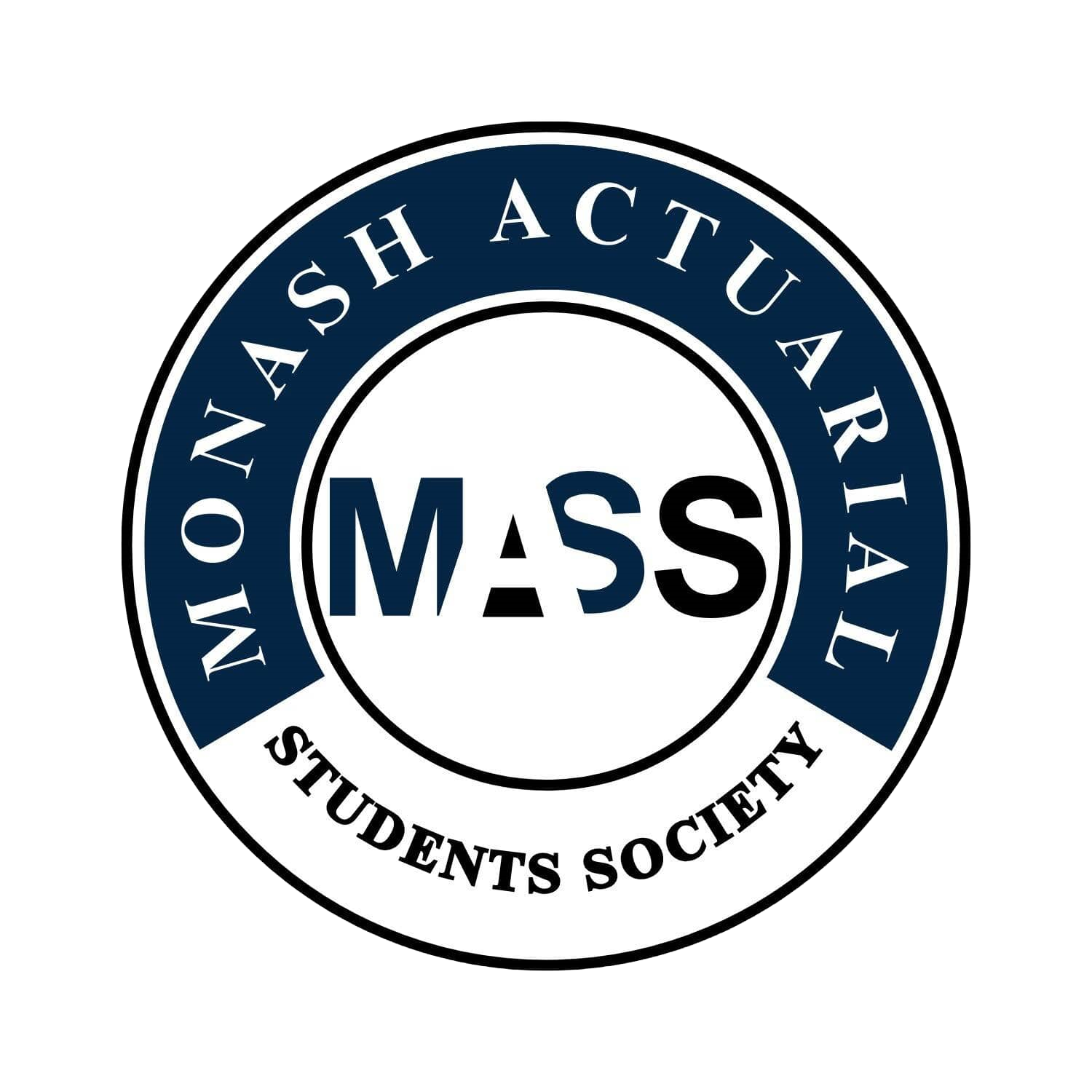ACC1100 / ACF5950 Intro to Financial Accounting (Sem 1 2024)
Difficulty:
Year Completed: Semester 1, 2024
Prerequisite: N/A
Exemption:
CB1 Business Finance
ACC1100 (50%), BFC2140(50%)
Weighted average of 70% required. Minimum of 60% required
for each unit.
Mean Setu Score: 83.4%
Clarity of Learning Outcomes: 86%
Clarity of Assessments: 84.4%
Feedback: 78.4%
Resources: 83.2%
Engagement: 86%
Satisfaction: 82.4%
Subject Content:
Lecture(s) and Tutorial(s):
Textbook(s):
Assessments:
This unit explored the basics of accounting - looking at what financial accounting involves and why is it important for a recording entity. The subject also focused a lot on the recording process, with having a main focus on ledgers and the financial statements. Similarly, understanding and interpreting the information in the financial statements to describe the current state and activities of the entity was another key component. In the few last weeks of the unit, there is greater detail into the accounting for inventory, non-current assets and liabilities, equity and financial statement analysis.
1 x 1.5 hour lecture (can vary slightly from week to week)
1 x 2 hour tutorial
Financial accounting : Reporting, analysis and decision making ,
7th edition by Shirley Carlon
Class Presentation (10%)
Weekly Quizzes (10x1%)
Assignment (Part 1: 10%, Part 2: 10%)
Tutorial Participation (10%)
Final Exam (50%)
Comments
The unit provided a comprehensive explanation of introductory accounting techniques. The concepts are simple in nature, giving the opportunity for students to obtain strong scores in this unit, even with no previous accounting experience. The majority of the assessments focussed on the practical application of the content taught, and hence favoured students who were comfortable with the accounting equation and recording transactions.
All lectures were prerecorded – meaning there was no interaction with the lecturer and student. The lectures were straight forward and easy to follow provided students completed the pre-readings beforehand which are a great complement to the lectures. The lectures focus on the theory side of accounting, however included practical components which provided useful demonstrations to students.
The tutorials began in the first week. There are weekly tutorial questions that you are expected to complete before the tutorial, however time was given throughout the tutorials for students to attempt these questions.
Tutorial participation is recommended as these tutorials allow students to apply the concepts taught within lectures, as well as provide students the opportunity to ask any clarifying questions that they may have, as well as contributing directly to your grade.
The mid-semester tests were very easy to prepare for because it was open book. Given that the test is based off the content taught in the lectures, creating a notes page that covers all the theory in the slides was very helpful. Going over the lecture examples and tutorial questions was realistically all the preparation needed.
Both assignments were based off a set of data and our goal was to record the transactions for the business and prepare several financial reports. The first assignment required us to do this manually and create excel charts, whereas the subsequent one used MYOB. It is very easy to make formatting mistakes so you should compare the charts from the manual assignment to MYOB for cross-checking. The assignments were essentially released back to back so you should avoid cramming the manual assignment if possible as students who did so struggled to finish the MYOB assignment on time.
The final exam was based on only the last 4 weeks of content for this semester, making it fairly straight forward to prepare for. Many students who actively engaged in the unit and stayed on top of the content managed to do well in the exam, high marks are definitely achievable. Very similar to the tutorial questions in terms of structure, with some degree of time pressure.
Overall, this unit is not too difficult to understand, but it is important to be consistent and stay up to date with the content. It’s especially important for students to understand the first few weeks of content, as this content provides the basis for the rest of the unit. As well tutorial questions helps greatly with understanding.
General Overview:
Lectures:
Tutorials:
Assessments/Other Assessments
Exams
Concluding Remarks

